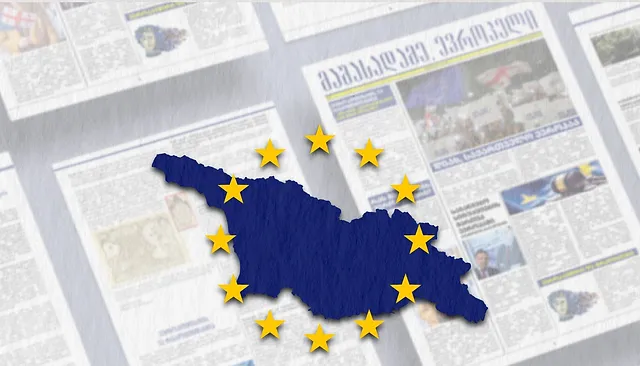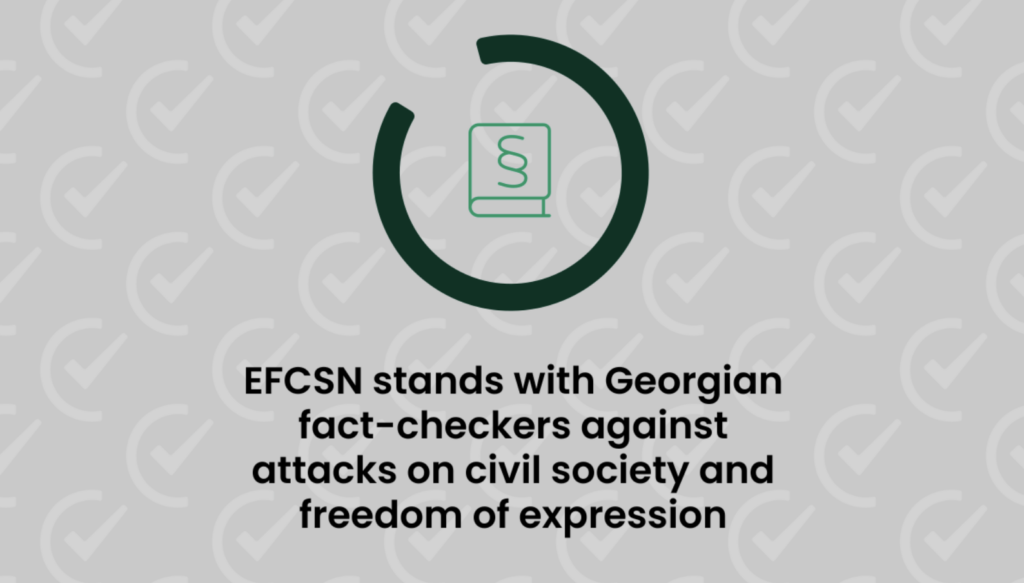The role of free media in our daily lives is frequently underestimated. Journalists’ coverage of political, social, and public issues plays a crucial role in helping us comprehend the world around us, both domestically and internationally. Without media independent of government influence, we would remain oblivious to the vast scale of corruption, the opulent lifestyles of officials, the repression of pro-European protests, and the plight of marginalized youth. The facts captured by a journalist’s camera or the stories they share are often our best tools for analyzing the situation in our country.
Moreover, media serves as a platform for citizens to express their concerns, amplifying their voices regarding injustices, inadequate public services, and stalled infrastructure projects. Thanks to media coverage, vital resources like water supply have been restored in villages, and those who have been wrongly detained or oppressed have found pathways to justice.
However, this is not always the case. Often, the government remains unresponsive to the issues faced by its citizens, resorting to silencing critical media instead. Recent years in Georgia have seen a worrying increase in government harassment of the media. There have been numerous attempts to belittle and discredit independent journalism, often receiving encouragement from state officials. Government propaganda attempts to frame any media outlet that scrutinizes its actions as being against the public interest, a trend that intensifies as elections approach.
Simultaneously, journalistic activities face restrictions in state-owned institutions, which rightfully belong to the citizens. A clear example of this is the recent actions and decisions by the ruling party aimed at excluding online media and several critical outlets from parliamentary discussions. Attacks on media personnel have manifested through physical violence, verbal abuse, and public humiliation.
Under the Georgian Dream government, efforts to curb media freedom have culminated in the passage of the “Russian law” in May 2024. This law has drawn its name because it mirrors a proposal initially put forth by Putin in Russia, a scenario we refuse to emulate — a reality where critical voices are silenced, citizens are compliant, and their rights are neglected.
The “Russian law” poses a significant threat to media organizations that have spent years addressing the challenges faced by people in cities, towns, and villages, as well as to non-governmental organizations like Mountain News, Southern Gate, Batumelebi, Netgazeti, Publika, and others. Investigative journalism is particularly vulnerable, as it works to expose and inform the public about the hidden misconduct of high-ranking officials—corruption, wrongdoing, and nepotism associated with budget misuse and tender allocations.
While criticism and truth can be uncomfortable for any government, European democracies have established mechanisms to safeguard free media. In countries like France, Germany, or the Baltic states, media outlets are not penalized for scrutinizing government actions or reporting on citizens’ issues. Freedom of speech is a fundamental value in these nations, emphasizing the importance of citizen voices, government accountability, and participation in political processes. Georgia’s aspiration for European prosperity hinges on foundational values that include freedom of speech, expression, and the unrestricted dissemination of information, devoid of repression and propaganda.
The 2024 parliamentary elections are pivotal for Georgia’s European aspirations. The majority of the population supports European integration, desiring the prosperity, security, and advantages that accompany EU membership. A populace faced with a one-party regime and government-controlled narratives cannot instigate meaningful change. Without independent and free media, any progress toward European integration remains unattainable.
In an environment characterized by free elections and multi-party democracy, Georgia can take accelerated steps to embrace the moment of EU expansion, empowering voters and citizens through independent media outlets in their communities.
This article was published on behalf of the Media Coalition in the newspaper “Therefore, European”, distributed in the regions of Georgia with a circulation of 90,000 copies.

